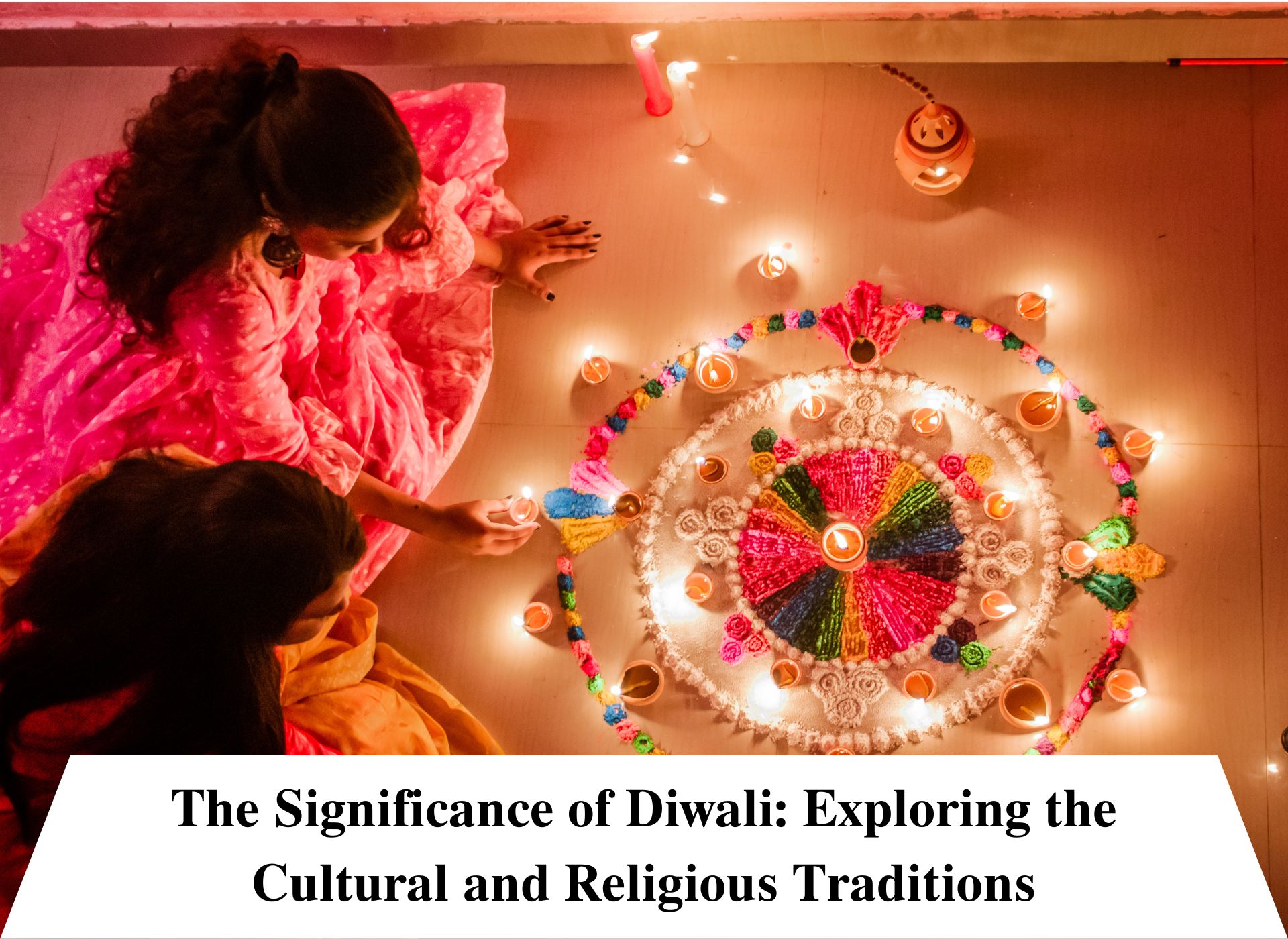Diwali, the festival of lights, is one of India’s most cherished and widely celebrated festivals. As the nation gleams with the glow of diyas (lamps) and resonates with festive joy, it’s essential to delve into the profound significance that Diwali holds. At Gyan Vihar School, a distinguished CBSE school in Jaipur, we believe that understanding the cultural and religious traditions of Diwali is crucial for appreciating its beauty. In this blog post, we’ll embark on a journey to explore the deeper meaning of Diwali and why it continues to be an integral part of India’s cultural tapestry.
The Origins of Diwali
Historical roots of the festival:
Diwali, also known as Deepavali, finds its roots in ancient India and holds significance across various religions.
The word “Diwali” is derived from the Sanskrit word “Deepavali,” which means a row of lights.
It is believed to have started as a harvest festival, marking the end of the agricultural season and the beginning of winter.
Diwali in Hinduism
Diwali’s significance in Hinduism:
- Celebration of Light: Hindus celebrate Diwali to honor Lord Rama’s return to Ayodhya after defeating the demon king Ravana. It signifies the triumph of light over darkness and good over evil.
- Goddess Lakshmi: Diwali is dedicated to Goddess Lakshmi, the goddess of wealth and prosperity. It is believed that she visits homes on this day, bringing blessings of abundance and fortune.
- The Tale of Lord Krishna: In some regions, Diwali commemorates Lord Krishna’s victory over the demon Narakasura, signifying the victory of righteousness.
Diwali in Jainism
Diwali’s significance in Jainism:
- For Jains, Diwali marks Lord Mahavira’s attainment of nirvana (spiritual liberation).
- It’s a time for introspection, self-purification, and rekindling one’s commitment to non-violence and truth.
Diwali in Sikhism
Diwali’s significance in Sikhism:
- Sikhs celebrate Diwali as Bandi Chhor Divas, which coincides with the release of Guru Hargobind Ji from imprisonment in the Gwalior Fort.
- It symbolizes the release of spiritual and temporal darkness, emphasizing freedom and righteousness.
Cultural Traditions of Diwali
Diwali’s cultural significance:
- Decorations: Homes are adorned with colorful rangoli (decorative patterns), candles, and diyas (oil lamps) to symbolize the victory of light over darkness.
- Sweets and Feasting: Special dishes and sweets are prepared and shared with family and friends, emphasizing the joy of togetherness.
- Gift-Giving: Exchanging gifts and tokens of love among family and friends is a common practice during Diwali.
- Fireworks: Fireworks light up the night sky to celebrate the festival’s jubilant spirit.
Diwali Beyond India
Diwali’s global significance:
- Diwali has transcended borders and is celebrated by Indian communities worldwide.
- It promotes cultural diversity and fosters cross-cultural understanding.
- The United Nations recognized Diwali as a global festival of cultural diversity and peace in 2019.
Diwali and Education
The educational value of Diwali:
- Diwali serves as a cultural education tool, introducing students to the rich tapestry of India’s traditions and values.
- It fosters tolerance, respect for diversity, and appreciation for cultural heritage.
- Schools in Jaipur and across India use Diwali as an opportunity to impart valuable life lessons about good triumphing over evil, the importance of family, and the significance of sharing and giving.
The Festival of Light and Unity
Diwali, with its vibrant traditions and rich symbolism, is much more than a festival; it’s a celebration of the profound values that unite people. At Gyan Vihar School, we believe in the power of education to foster understanding and respect for diverse cultures and traditions.
As Diwali approaches, let us embrace the festival’s significance, not only as a time for joy and celebration but also as an opportunity to deepen our understanding of the cultural and religious traditions that make India a tapestry of unity in diversity.







